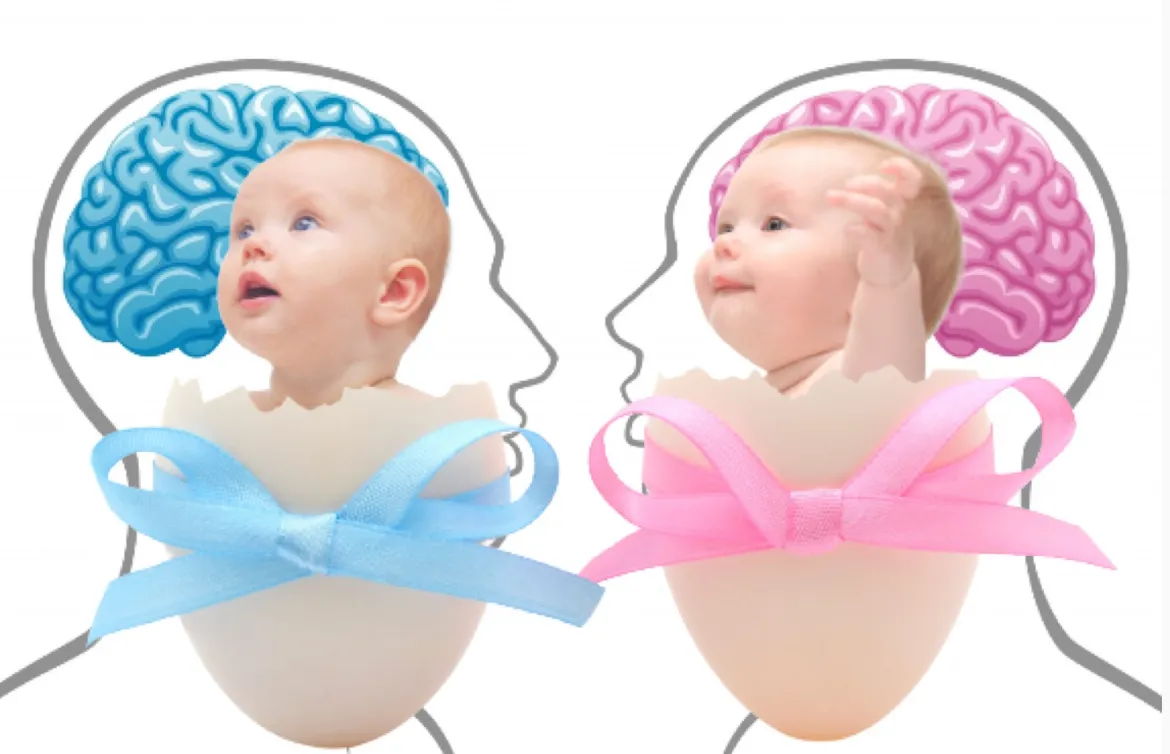Table of Contents
Bruce Logan
Information
Opinion
In August 2012 I wrote an opinion piece for the NZ Herald claiming that legalising same-sex marriage would profoundly alter the citizen’s relationship to the state. And it would do so in its presumption that marriage, and the familial identity that followed, was not determined by a transcendent, or even traditional understanding of human dignity. That dignity would be formulated by the state.
That was the first step.
An equally serious step in the redefinition of our humanity has been made by Parliament in the passing of the Conversion Practices Prohibition Legislation Bill.
The Bill was presented as an exercise in “civil justice”; protecting a minority from discrimination. That might be the declared intention but it will not be its consequence. Advocates for the Bill and presumably most MPs (only eight voted against the Bill) now believe that sexual identity is fundamental to human nature. But that theory of fundamental sexual identity, that would deny and abolish what we have thought to be human nature for thousands of years, is so fragile it must be reinforced by the state.
The Bill continues the establishment of an entirely new public morality. Those who believe the normalising and valorising of an increasing number of sexual behaviours to be socially destructive are always going to be intimidated by the threat of legal action. The ancient and biblical concept of human sanctity is undermined by State power.
Most MPs have accepted the claim that sexual identity overthrows the traditional structure of civil society. Marriage and family are no longer the embryo of identity. But on what grounds? No one is forced in New Zealand to deny their sexual identity or any other kind of identity for that matter.
Quite the reverse. For example, Christians and conservatives are forced to affirm the primacy of sexual identity.
The Bill undermines the authority and responsibility of the parent by politicising the privacy between the client and professional medical or psychological practitioner. The privacy, between client and professional which rested on a transcendent understanding of human dignity will now, under the Bill, become a matter of state authority. The right to privacy, once protected by the old civil society understanding of marriage and family, is abolished.
Western civilisation, until the legalisation of same-sex marriage and now the politicisation of sexual identity and consequently human dignity, has always depended on a transcendent and universal understanding of what it means to be human. Every concept of freedom or dignity that we possess was a consequence of that belief in universal transcendence. In practice that meant that the state, like the individual, is responsible to a higher power.
Now, because The Conversion Practices Prohibition Legislation Bill insists that everyone must conform to its “theology” of human nature, it is reinforcing the contemporary experiment in creating a religion without God. That is, all human beings are self-creating. We have not been created by a supreme being or even a consequence of some evolutionary process. Everyone is responsible only to self. We have a competing religion.
The new religion would protect itself by having the state punish those who disagree; those who refuse to use the ritualised politically correct language of personal identity and the sexual ideology that go along with it.
The new religion is not rooted in any sense of rational theology, scientific or historical reality. It denies these because its supreme authority is emotional need. I feel therefore I am. That is the new human being.
In spite of the ad nauseum propaganda, the fantasy is not sustained by the ideology of diversity and inclusion or a theory of tolerance. It exists to deify sexual desire.
The Bill is a watershed moment. A significant victory of the new religion of self over the old religion of personal restraint, selflessness and sacrifice. Of Narcissus over Jesus.
Politics inform religion. In the 19th and 20th centuries religion still informed politics. Character fades into the woodwork. Discipline, perseverance, patience and compassion and the sacrifice of love become meaningless. Political power is the name of the moral game. The good person follows the political model of required thought and speech.
Even Leonard Cohen’s “there’s a crack in everything that’s how the light gets in” is anathema. The new religion admits of no cracks. Should it permit criticism it would be exposed as the house of cards that it is.









